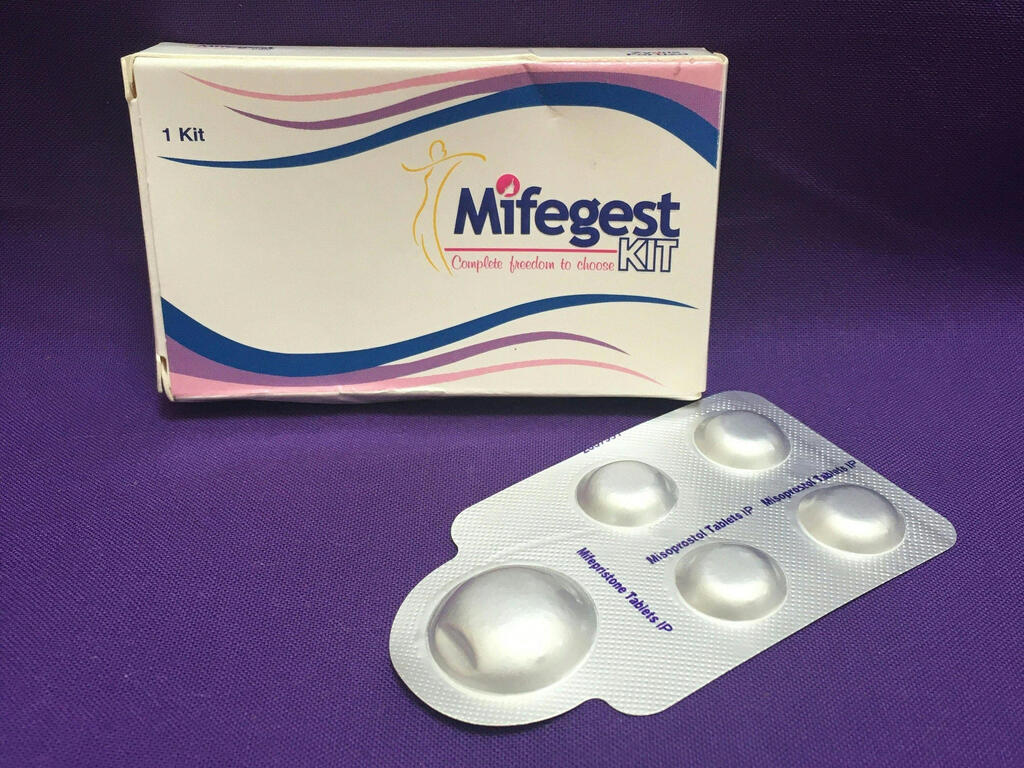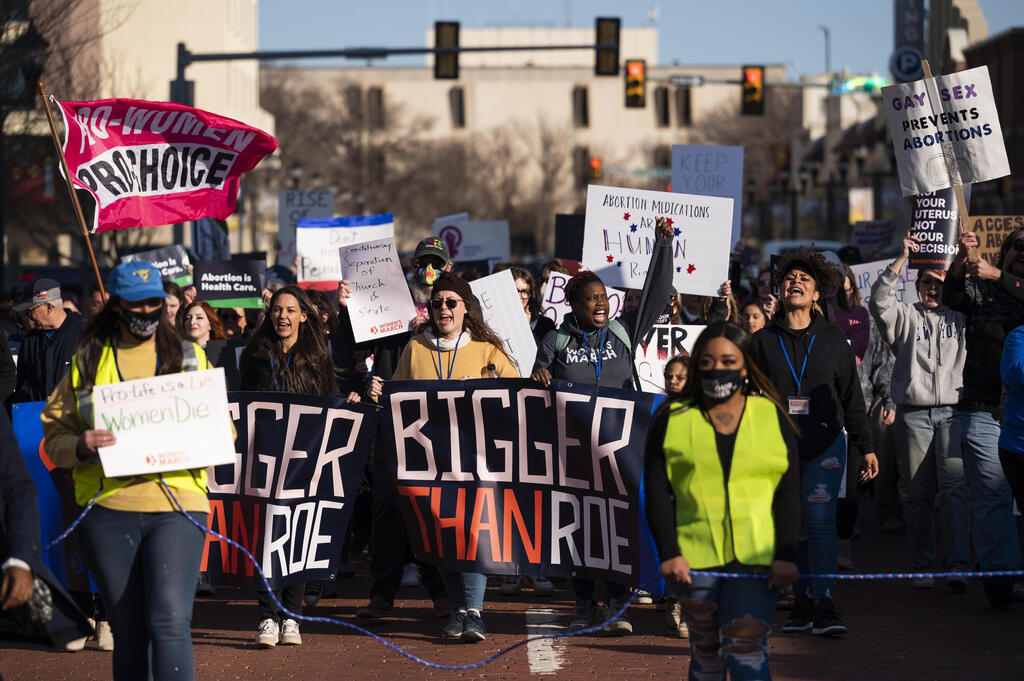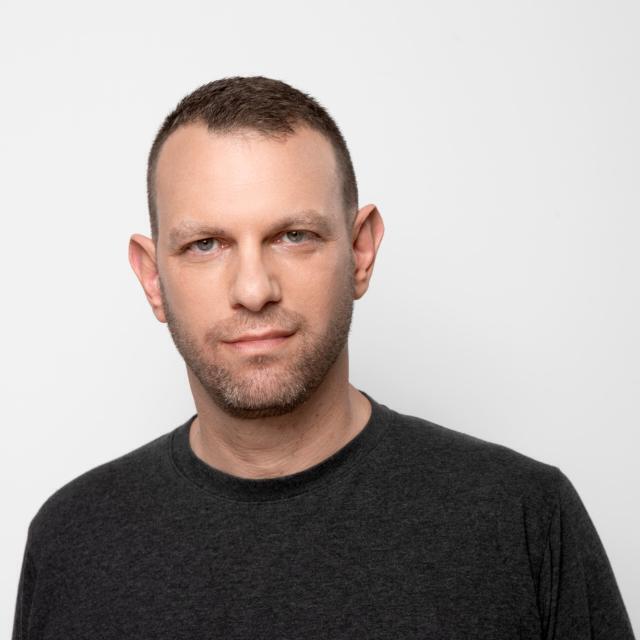The abortion law debate in the United States is a highly contested issue, attracting global attention to the decisions made in this matter.
Ensuring a woman's right to choose when and whether to have children plays a vital role in her ability to shape the trajectory of her life, and is integral to achieving equal opportunities and rights for women globally, irrespective of their socioeconomic status.
However, opponents of abortion in the United States have recently gained significant momentum after securing backing from a conservative judge to reverse the approval of mifepristone.
What is mifepristone, anyway?
Mifepristone is a medication designed to terminate early-stage pregnancies, typically within 63 days of the last menstrual cycle. By blocking the production of progesterone, a hormone essential for pregnancy progression, it triggers uterine contractions and bleeding. Mifepristone is typically administered alongside another drug called misoprostol.
What are its perils and side effects?
Mifepristone has an efficacy rate of around 90%, contingent upon the pregnancy stage. However, there is a possibility of treatment failure, leading to the presence of fetal remnants. Besides, the use of the complementary medication, misoprostol, may result in significant bleeding.
Mifepristone is FDA-approved, but what does that mean?
The U.S. Food and Drug Administration's (FDA) drug approval process is a comprehensive and time-consuming procedure that necessitates the submission of exhaustive information regarding the medication, including data pertaining to its safety, efficacy, quality, and manufacturing.
This information is then evaluated by FDA officials, who consult with experts from various fields, including medicine, pharmacology, toxicology, biostatistics, and business administration, to ensure that the drug is safe and effective for use.
What are the ramifications should the drug be outlawed?
Restricting access to legal abortions may force women to resort to unsafe means, putting their health and well-being at great risk.
The World Health Organization reports that about 23,000 women worldwide die every year due to illegal abortions, with tens of thousands suffering from complications.
A recent U.S. study indicated that banning abortions would lead to a 21% increase in pregnancy-related deaths, with black American women experiencing a 33% rise. This is despite pregnancy being inherently riskier than abortions.
What makes this trend dangerous?
Limiting access to abortion has a disproportionate impact on marginalized women, particularly those with inadequate knowledge and resources on contraception.
Wealthier women can typically seek alternative means, whereas the marginalized face greater danger. Furthermore, conservative forces in Israel may promote similar measures to those being pushed in the U.S., leading to a slippery slope.
Consequently, we must monitor these developments closely, thoroughly analyze them, and take all possible measures to prevent comparable harm from befalling our own country.
Dr. Eran Gold is the attending physician, Division of Gynecology and Obstetrics at Rambam Healthcare Campus




